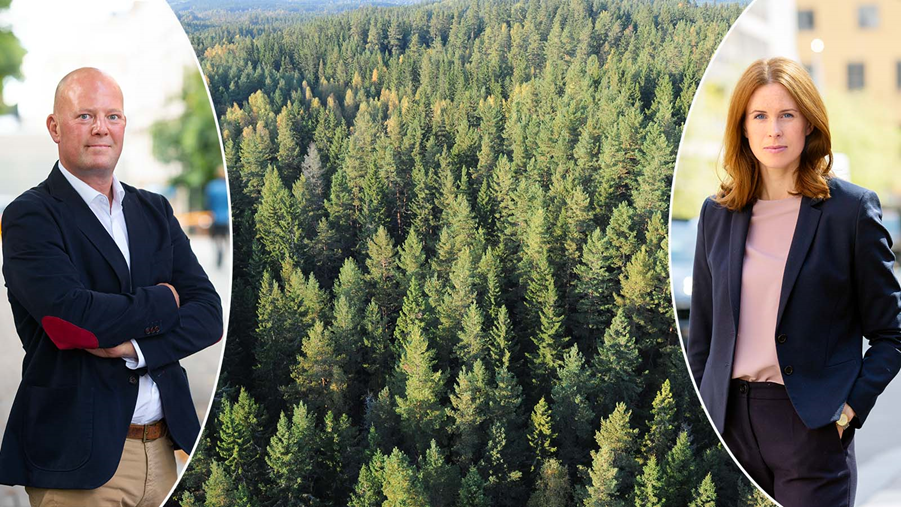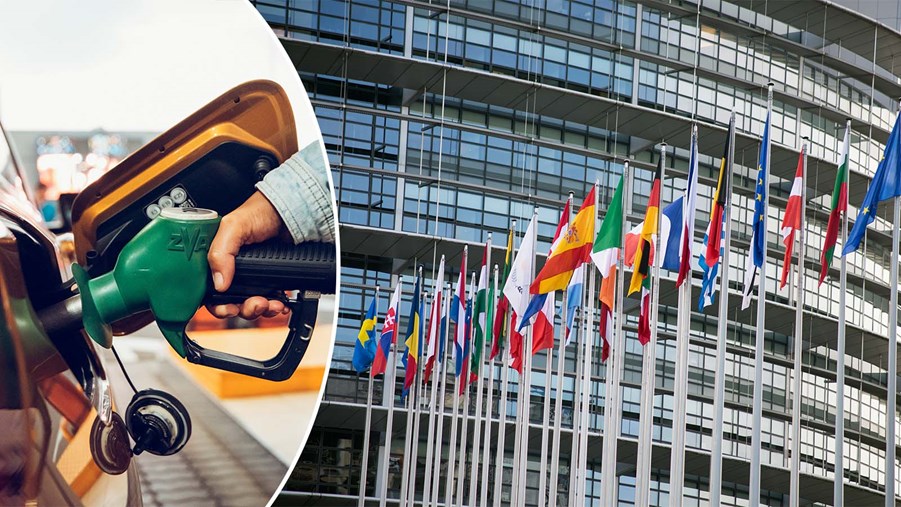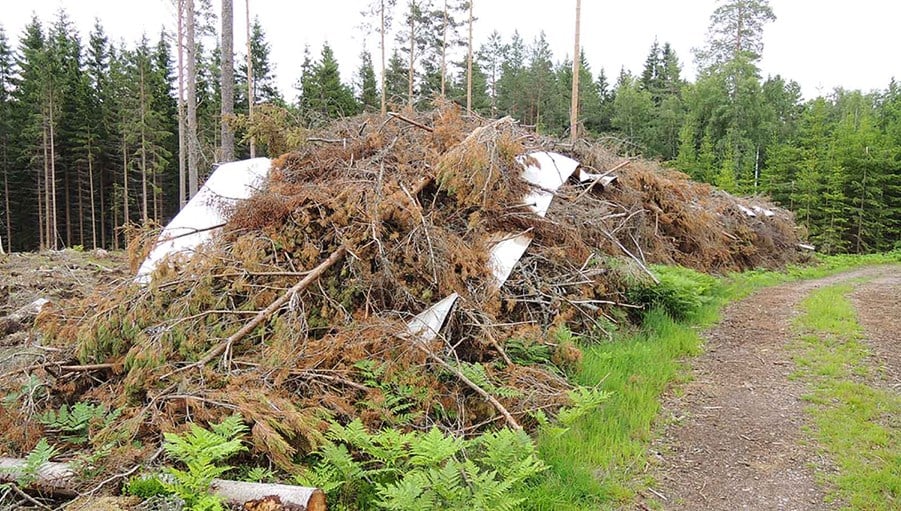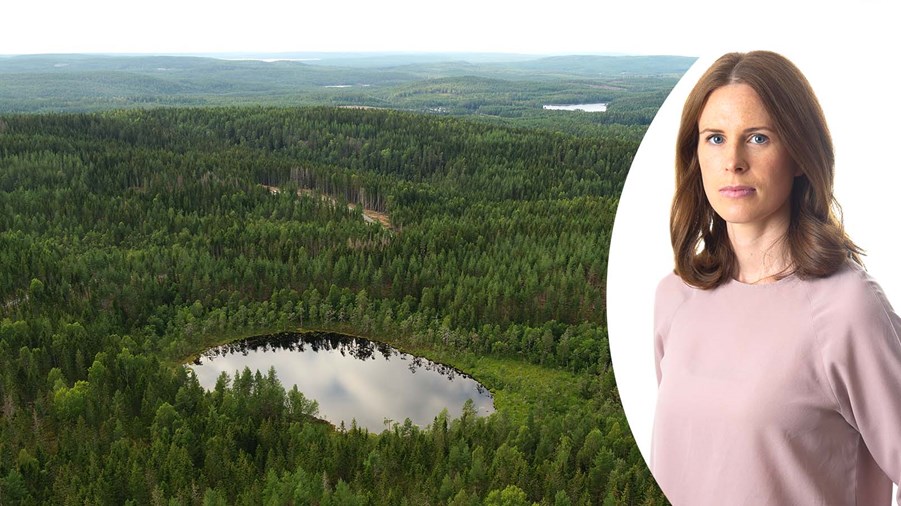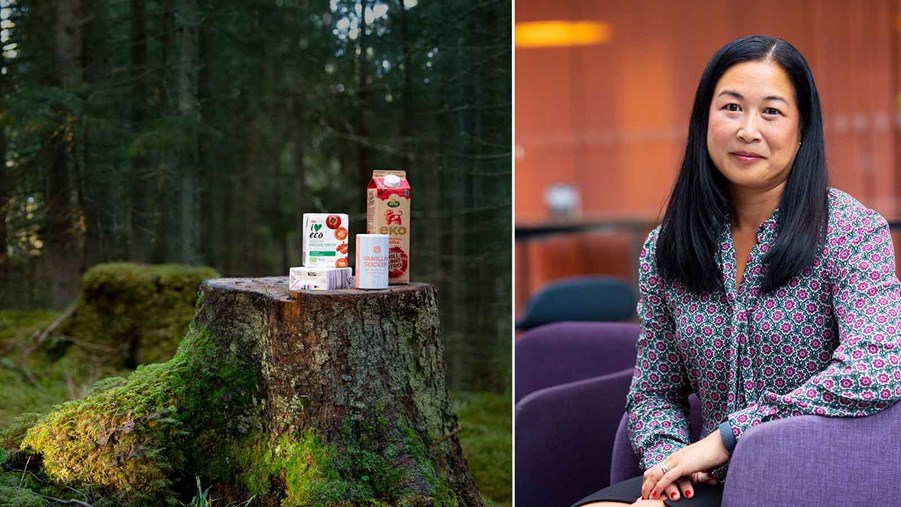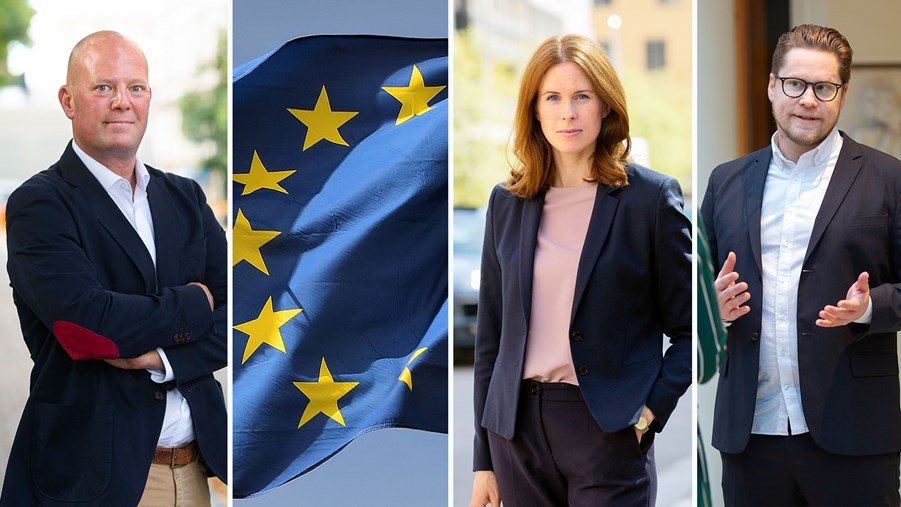
The Council has taken positions on several proposals of great importance to the forest-based industry. Forest-based products and energy are crucial to reach climate neutrality in the EU and other climate goals set in the Fit for 55 package. The Council has taken important steps to clarify the proposals from the Commission, including the need for adaptation to local conditions in the implementation phase. Nevertheless, there is still a risk that the RED and ETS will hamper energy use of sustainable forest biomass.
The Council adds clarity to the Renewable Energy Directive
The Council’s general approach to bioenergy rules in RED III is in line with the Commission’s proposal, but with more clarity on the importance of local decision power in the implementation.
“The increased focus on consideration of local and national aspects is welcome, for example regarding no-go areas, the cascading use principle and harvesting criteria. These are important topics that have been continuously improved in Sweden over decades in line with sustainable forest management practices and a strive for more effective raw material use”, says Mårten Larsson, Head of Bioenergy Policy at the Swedish Forest Industries.
However, he raises several concerns.
“The Member States have not taken the chance to stand up for the recently implemented risk-based sustainability criteria that already address risks and concerns that have been raised regarding forest bioenergy. Without a clear benefit for climate or biodiversity, the proposed criteria will lead to unnecessary limitations, administrative burden and cost for sustainable forest bioenergy. That comes with a risk of a delayed climate transition, and a waste of waste. Now, waste and residues suitable for energy risk not being used at all. It would be especially ill timed at a point when Europe is trying to phase out Russian oil and gas”, says Mårten Larsson.
Important steps to stop global deforestation
The Council has also taken a position on deforestation-free products. Most global deforestation is caused by the conversion to agricultural land. It is mainly a problem in countries in Southeast Asia, Africa and South America. In the EU, the area of forest increased by almost 10 percent in the past three decades.
“We welcome the swift agreement and of course support the ambition to curb global deforestation and forest degradation. The Council has improved the definition of forest degradation, which we hope will ensure more legal clarity for actors in the forest sector. However, the proposal is comprehensive and its implementation and impact in practice needs careful consideration. Legal uncertainty for operators practicing Sustainable Forest Management should be minimized going forward”, says Emma Berglund, Forest Director EU and International, at the Swedish Forest Industries.
The Council sets carbon sink target in line with Commission and Parliament
The Council agreed on the same level of ambition as the Commission proposal and Parliament position on LULUCF, requiring a carbon sink of 310 Mt CO2e in the EU.
“The Council has taken a step in the right direction by clarifying the Member State targets. The position indicates that Sweden should not have an unproportionately high target and ensures that Member States are allowed more flexibility”, says Emma Berglund.
“However, the target assigned to Sweden remains challenging. It could still lead to decreased harvests and hamper access to renewable materials and products that we need to replace fossil alternatives. It is not wise climate policy, and it could increase our dependence on oil and gas from Russia. Forests must be able to keep delivering strategically vital products to the Single Market”, concludes Emma Berglund.
Frontrunners punished by the Council position on emissions trading
The Council has decided to keep the provision to introduce a threshold value of 95 percent for biomass, above which installations are excluded from the EU ETS.
“It is an unfortunate decision. Reducing fossil emissions should be rewarded. Forerunners that exclusively use biomass in their production should continue to be included in the EU ETS, provided their product is covered by a benchmark. To exclude them would be discriminatory to biofuels, compared to other zero emission technologies such as electrification and hydrogen”, says Johan Bruce, Energy Director at SFIF.



